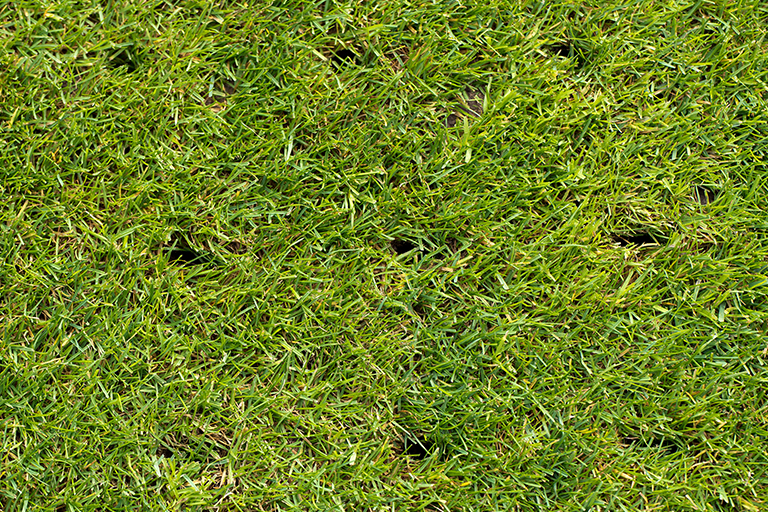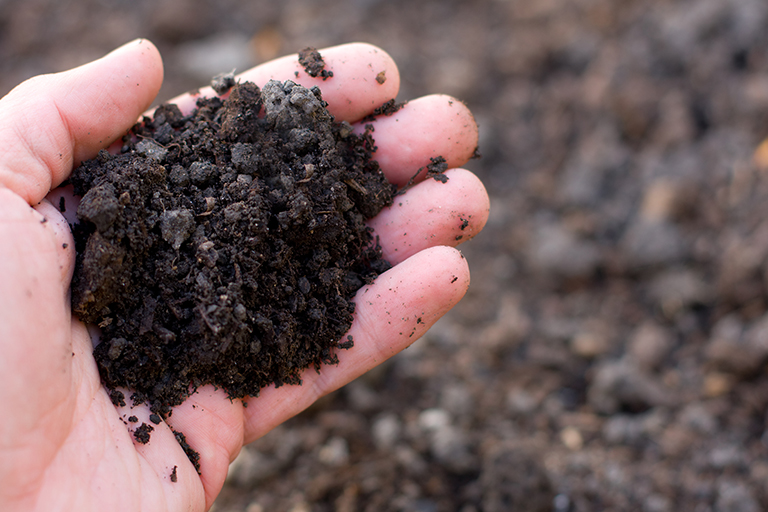Proper watering practices can greatly improve the quality of your lawn and conserve water, but the truth is most people over water their lawns. Most lawns need one inch of water per week, but water requirements vary between different grass types, climatic, and soil conditions. The dangers of over-watering a lawn include:
Shallow root system
Roots play an important role in the life of a plant, including absorbing nutrients, water and oxygen necessary for the plant to stay healthy. Overwatering will cause the roots to drown and they cannot absorb oxygen necessary for a plant to stay healthy. Overwatering grass will develop a shallow root system. When roots become weak due to lack of oxygen, they become more prone to diseases and insect infestation. The lawn will start turning yellow or wilting as a result. Leaves on plants or grass will start falling off and turning brown. Over-watering may also cause the plants in the lawn to die, as not all plants can survive excess water. Frequent watering makes the grass more prone to fungal growth. It also promotes the growth of thick thatch which is a good habitat for pests, protecting them from pesticides which in turn will attack weak plants.
Growth of weeds
Healthy grass in well-watered soil discourages weed growth. However, over-watering of lawns promotes the growth of weeds in some types of grasses. Weeds like crab grass grow in over-watered areas. They can grow up to 6 inches and form clumps that will spread through the soil surface. Other weeds, like perennial grasses, are more prone in compacted soil that has been over-watered and has poor drainage. Weeds should be removed before they can grow into maturity and spread.
Suffocation of plants
The soil is made up of different types of particles including penetrating spaces. When it rains heavily over time or a lawn is over-watered, water fills the porous spaces pushing oxygen out of the soil leading to grass dying due to lack of oxygen. A good lawn needs oxygen to grow properly and be healthy.
Pollution
When an owner over-waters a lawn, excess chemicals contained in water and soil may run off into the storm water system and pollute nearby streams or rivers. Fertilizer applied during watering is also washed far below the roots before it can be absorbed properly, leading to pollution of ground water. Ground water supplies water for drinking and irrigation for most of the country’s population and its pollution will contaminate lakes and rivers.










